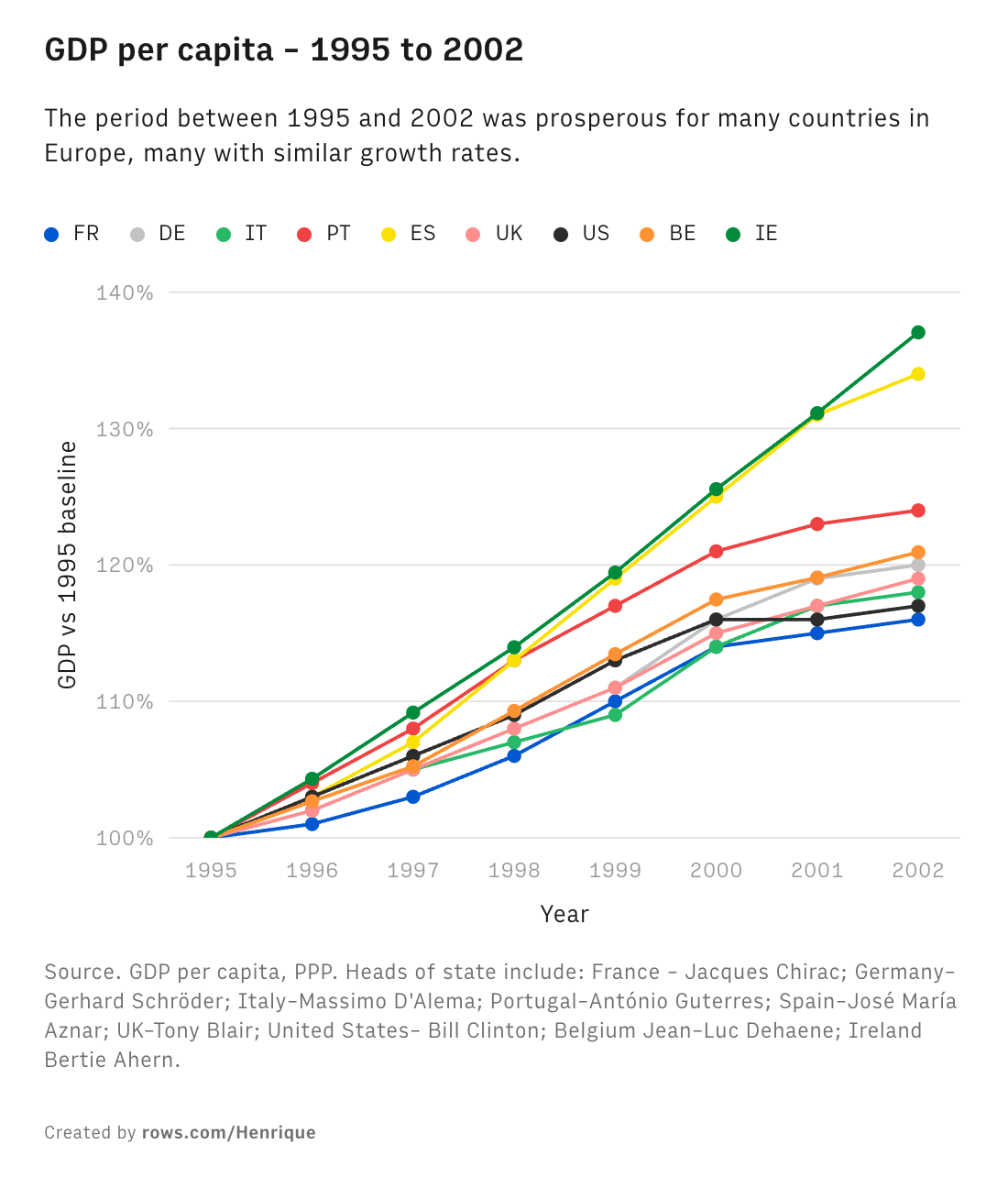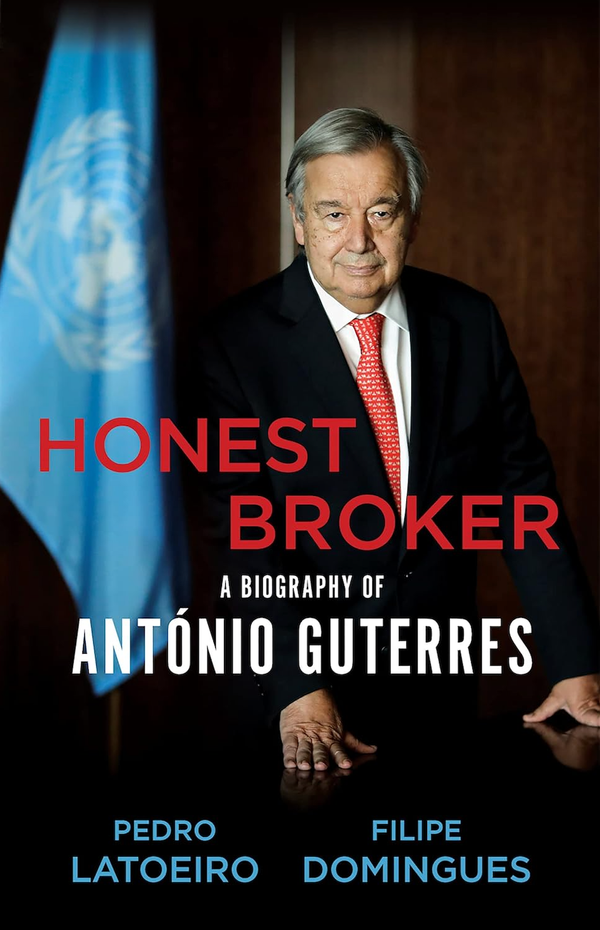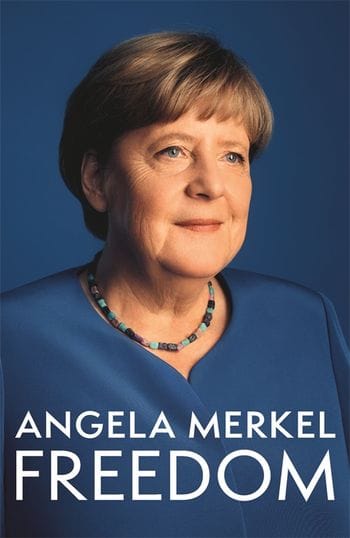By Pedro Latoeiro, Filipe Domingues (2020)
Pages: 530 , Final verdict: Great-read
I have to admit, despite being a Portuguese citizen, I didn't know much about António Guterres' life before reading this book. He was elected Prime Minister before I knew how to read (in 1995), and by the time I was interested in politics he was well into his 10-year tenure as the UN High Commissioner for Refugees. So, when I picked up Honest Broker, his only authorized biography, I was genuinely curious—with an open mind—to learn more about his life.
Written by first-time authors Pedro Latoeiro and Filipe Domingues, it offers a detailed look into Guterres' life. The biography follows a chronological timeline, starting from his school years and ending with his election as Secretary-General of the UN in 2016.
Guterres' political story begins with his meteoric rise in the Socialist Party in Portugal following the revolution of 1974. Unlike many of his contemporaries on the left, Guterres was a moderate socialist, extremely bright—he graduated with a degree in electronic engineering with the best GPA in the country in 1971—and he was not involved in the political apparatus that took down the autocratic government that ruled the country since 1933. He quickly became involved in the Socialist Party leadership, holding various significant positions, including Head of Office of the Secretary of State of Industry, Deputy for Castelo Branco in the Portuguese National Parliament, and Leader of the parliamentary bench of the Socialist Party. He played a key role in negotiating Portugal's entry into the European Union and was a founding member of the Portuguese Refugee Council. After the Socialists' third consecutive defeat in parliamentary elections in 1992, Guterres became Secretary-General of the Socialist Party and leader of the opposition, and Prime Minister in 1995.
As Prime Minister, Guterres had a mixed record. In his first term, he was very popular (especially by today's standards): the late 90s saw economic growth in the Western economies, which Guterres used to reduce deficits, expand welfare, and continue the transfer of economic power to the private sector. He played a crucial role in advocating for UN intervention in East Timor and finalized Macau's sovereignty transfer to China in 1999. Both, but especially the warm relationship with China, would prove to be of utmost importance in his election 17 years later. However, his second term was marred by internal conflicts, economic slowdown, and the Hintze Ribeiro Bridge disaster, and his tenure ended after disastrous results in local elections.

After his resignation, Guterres leveraged his extensive network to transition to international roles, becoming the UN High Commissioner for Refugees in 2005. Internally, he focused on making operations leaner and more efficient, exemplified by opening an office in Budapest and relocating many operations there. Externally, Guterres was a staunch defender of human rights, advocating for refugees during crises like the Syrian war, Afghanistan and the Central African Republic. This role bolstered his resume, connections, and confidence, paving the way for his candidacy for UN Secretary-General.
Weaved into the stories of more than 40 years of his professional life, what stood out to me were the authors' portraits of Guterres as a fair competitor and a man of diplomacy. This is exemplified by his insistence to his ministers and senior staff inside the Socialist Party in Portugal, and his taskforce when running for Secretary-General, that no one should, under any circumstances, use personal attacks as a weapon of discourse.
As for diplomacy, his 2012 address in Geneva at the Dialogue on Protection Challenges is extraordinary. As the UN High Commissioner for Refugees during the height of the Syrian refugee crisis, Guterres sought to unite UN members around the urgency of addressing the humanitarian crisis caused by the surge in refugees. He chose faith as his unifying topic, emphasizing that every religion "welcomes the stranger." He instructed his staff to find stories in the sacred texts of the world's largest religions that highlight hospitality, protection, and support for migrants. The result was Guterres' opening remarks, which were a diplomatic home run.
Then came 2016.
For the first time in its history, the UN held public interviews for the Secretary-General candidates, many of which live-streamed to the world. Lucky for Guterres, this format played to his strengths. There were six rounds of straw polls, with over ten candidates vying for the top job. And despite the pressure to elect a woman from Eastern Europe, Guterres' secured the top diplomatic job in the world. He assumed office in 2017, facing rising tensions between global superpowers, the aftermath of Brexit and the Donald Trump election, and the highest number of displaced people since World War II.
Bottom line
Reading Honest Broker reminded me of other UN-related books I read this year, like Kofi Annan's memoir "Interventions: A Life in War and Peace" and "Parliament of Man" by Paul Kennedy. These books highlighted the immense challenges faced by UN leaders, and Guterres' story fits right into this theme.
One of the best things about the book is its balanced critique. Since it’s written by external authors, Latoeiro and Domingues don't shy away from discussing Guterres' missteps, like his failure to assemble a strong team for his second term as Prime Minister.
A notable drawback is that the book was written before Guterres faced some of his biggest challenges as UN Secretary-General: the Russian invasion of Ukraine in 2022 and the Hamas attacks followed by the Gaza war in 2023. These events are decisive moments in his career, and reading his biography without them is like reviewing a national team's performance at the World Cup before watching the final match. Despite that, "Honest Broker" is a well-rounded, approachable, and very well written look into the life of António Guterres.
Learn more
- Buy the book



